Posted in: 08/29/2021
The National Day of Lesbian Visibility, which aims to denounce, in addition to invisibilization, the various psychological, symbolic, physical, and economic violence suffered by lesbian women in all spaces of society, motivates us to talk about the positioning of athletes in relation to their sexuality in the last Olympics.
Raising flags and representing countries. This could be considered the basic premise of athletes who perform in the Olympic Games (besides trying to win medals, of course). But increasingly, this has also been the stage for male and female competitors to raise the flags of the LGBTQIAP+ movements and call for representation of the cause.
Cristiane Rozeira, former member of the Brazilian women’s soccer team and commentator during the Tokyo Olympics, gave an interview in which she talked about how she was afraid of the consequences of assuming her sexuality while still a player.
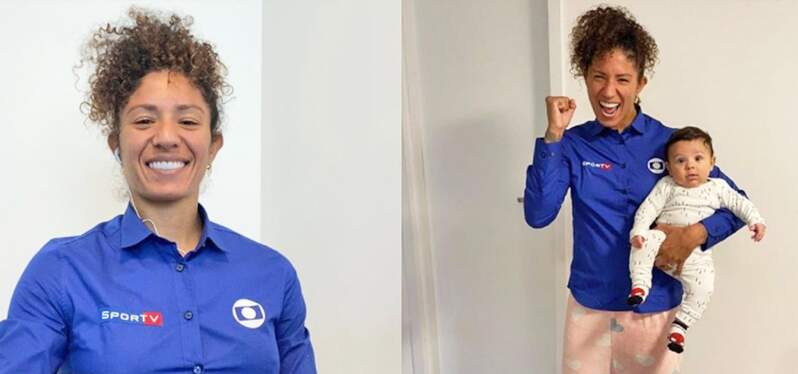
For Cristiane, keeping her sexual orientation a secret was not only a way to protect herself, but also to prevent other players from suffering the impact of prejudice. According to her, there are already few brands that support women’s soccer, and the scenario could get worse considering the rejection that still exists against homosexual people.
Marta Silva, one of the great names in world soccer in recent decades, has not only taken the lead in discussions about gender equity in sports, but has become a symbol of lesbian representation along with some of her teammates, who have made a point of dedicating goals and victories to their girlfriends and wives.
Courage has been gaining ground and more and more female competitors (and male competitors) have publicly come out about their sexual orientation, setting the stage for the next generations to be less afraid to express who they truly are.
According to the Outsports website, which specializes in sports news with an LGBT focus, more than 185 athletes who participated in the Tokyo Olympics have declared themselves to be homosexual, bisexual, transgender or non-binary. Women outnumber men by a ratio of 9 to 1.
The survey released by the site continued to be updated until a few weeks after the end of the Olympic Games, with athletes who decided to come out about their sexuality either during or after the event.
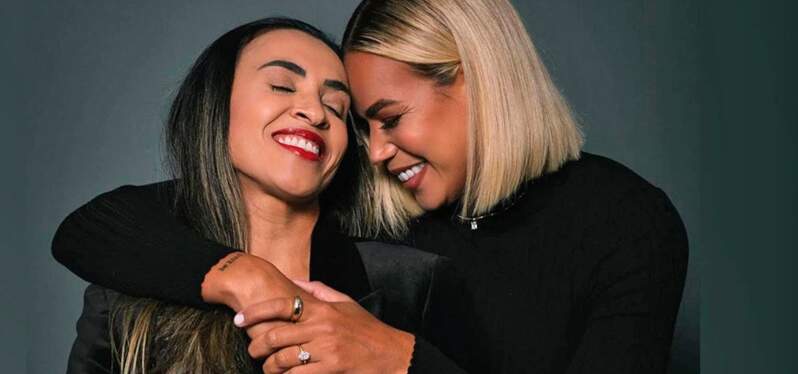
Importantly, the site continues to cover the participation of LGBTQIAP+ athletes during the Paralympic Games. The last report disclosed a list with at least 34 athletes, the largest number ever counted so far, according to Outsports. Again, women are in the majority. The list is still being updated and is expected to grow until the end of the Paralympic edition of the games.
The reason for the growing number of athletes who assume their sexuality at each Olympic edition, according to the site, would be the change in society, the advances in inclusion, and the visibility of these athletes on social networks – showing their daily lives, breaking prejudices about homo-affective relationships, and debating the theme.
It is worth remembering that this was the first Olympic edition to have transgender athletes competing as such.
Although visibility and representation is increasing in the Olympics, as well as in everyday life, the official numbers are probably still far from representing reality. Fear of discrimination still causes many people not to publicly identify themselves as part of the LGBTQIAP+ community. Inclusion in sports still faces barriers.
But the expectation is that the change of scenery will happen by opening the way that these athletes are making possible, by positioning themselves and inspiring future generations.
The scenario found at the Olympics only reflects the daily struggle of lesbian women for adequate public policies, respect for diversity, and gender equity. Several fronts are addressed so that the challenges can be overcome.
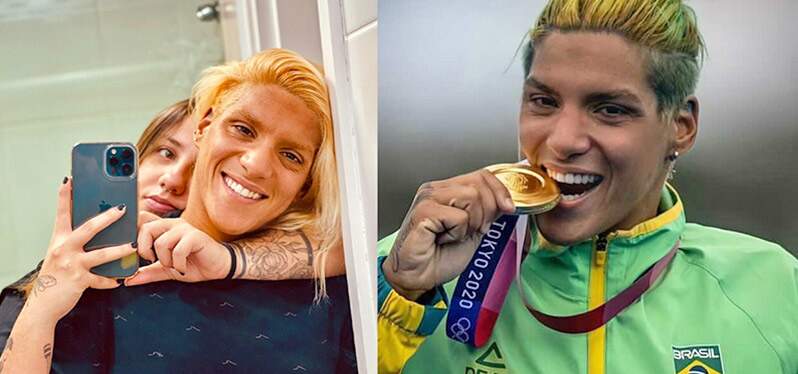
We have separated some articles that show the trajectories and illustrate important topics and personalities of the conquest for rights and respect for homosexual women in Brazil and in the world. Check it out!
Brazilian lesbian movement: history, agendas and achievements
10 lesbian, bisexual and trans women in history that you should know
Lesbian and bisexual women: our struggle is greater than our silence
Lesbian Women in Defense of Human Rights
What are the rights of lesbians?
*Synergia, in line with the Sustainable Development Goals proposed by the UN, supports and collaborates with all measures so that we can achieve the goals of a better planet for all, including the promotion of Gender Equality (SDG 5) and the Reduction of Inequalities (SDG 10).*
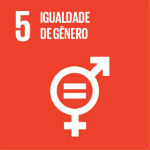
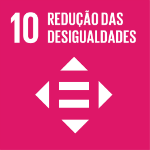
Sign up and receive our news.